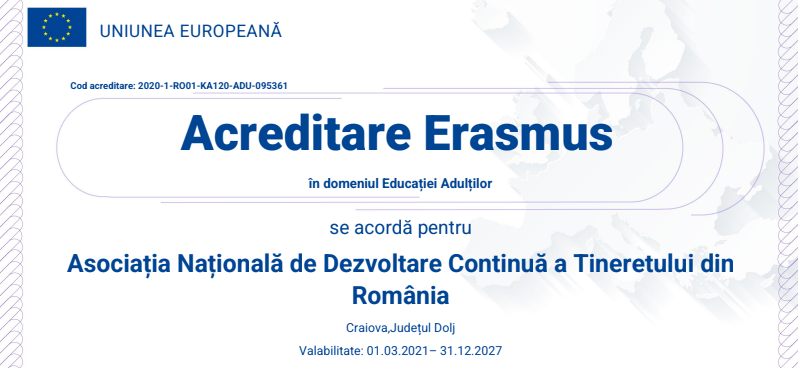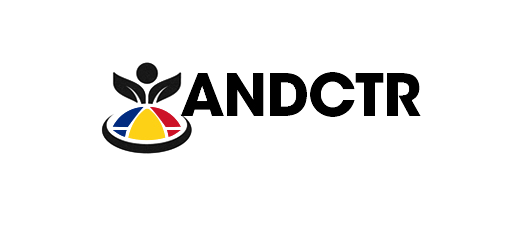
Organisations implementing mobility activities must adhere to a common set of Erasmus quality standards. The standards exist to ensure good mobility experienc e and learning outcomes for all participants, and to make sure that all organisations receiving the Programme’s funding are contributing to its objectives.
Basic principles
- Inclusion and diversity: the beneficiary organisations must respect the principles ofinclusion and diversity in all aspects of their activities. The beneficiary organisationsmust ensure fair and equal conditions for all participants.
- Environmental sustainability and responsibility: the beneficiary organisations must promote environmentally sustainable and responsible behaviour among their participants. The beneficiary organisations should make maximum use of the funding provided by the Programme to support sustainable means of travel.
- Digital education – including virtual cooperation, virtual mobility and blended mobility: the beneficiary organisations should use digital tools and learning methods to complement their physical mobility activities, and to improve the cooperation with partner organisations. The beneficiary organisations should make maximum use of the digital tools, online platforms, and other opportunities provided by the Programme for this purpose.
- Active participation in the network of Erasmus organisations: one of the objectives of the Programme is to support the development of the European Education Area. Beneficiary organisations should seek to become active members of the Erasmus network, for example by hosting participants from other countries, or by taking part in exchanges of good practices and other contact activities organised by the National Agencies or other organisations. Experienced organisations should share their knowledge with other organisations that have less experience in the Programme by providing advice, mentorship or other support.
Make Technology Great Again 17.08-22.08.2023
Autism Spectre Disorder Inclusive Activities 11.05 – 18.05.2023

